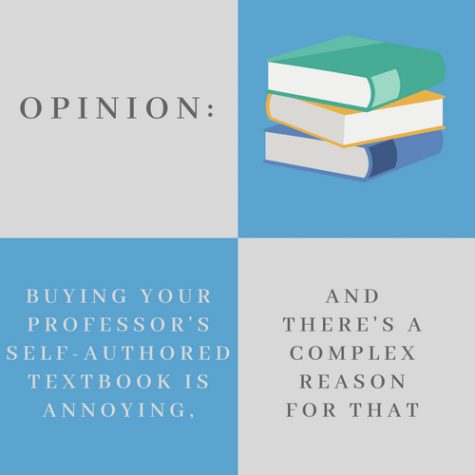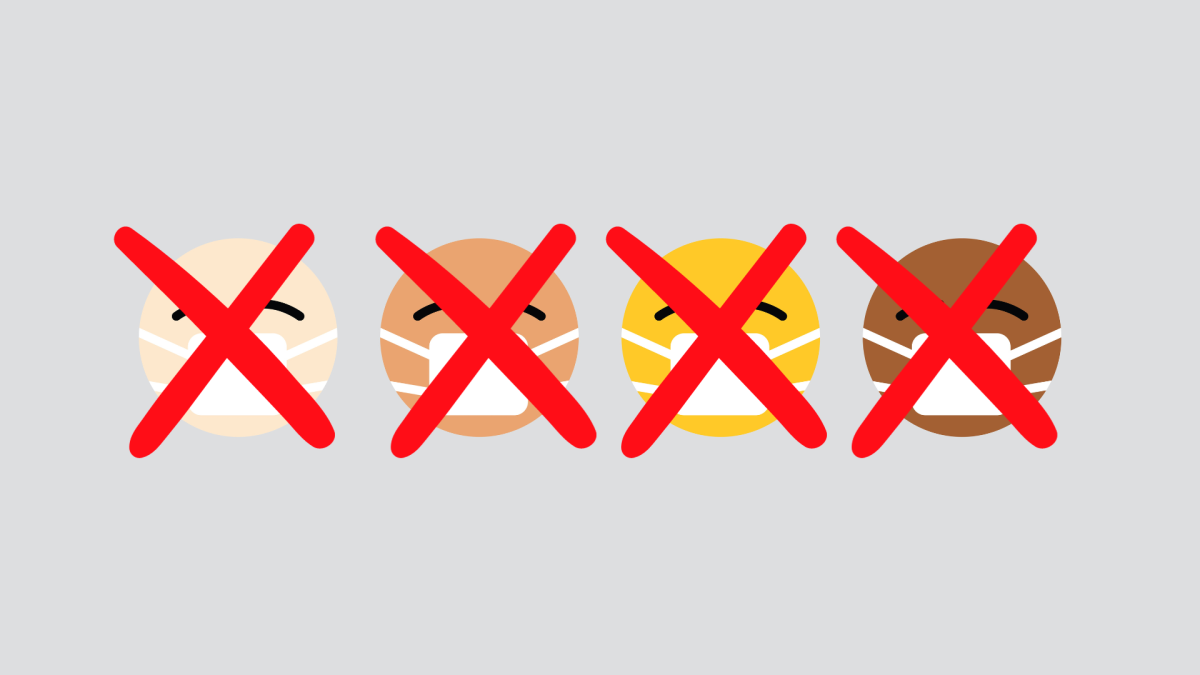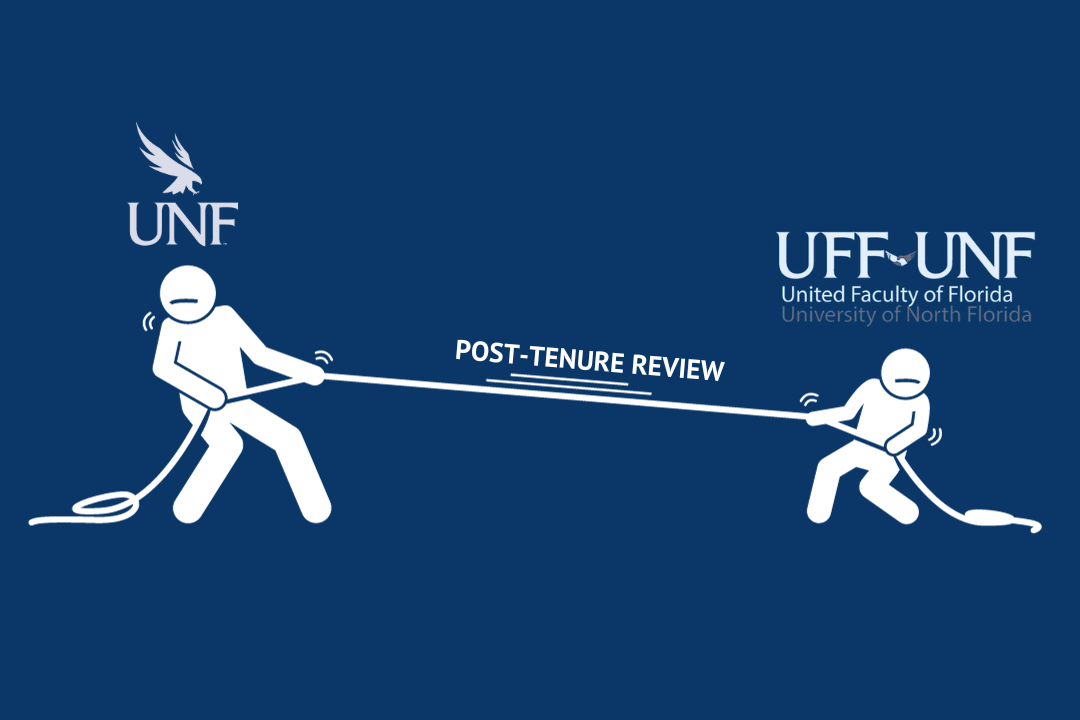
What’s a class without books? Perhaps much more affordable and favorable, but it might feel a bit incomplete. Of course, the majority of classes require textbooks matching the curriculum. However, there are some professors who demand students to buy books they’ve authored themselves. This requirement can be problematic, and it is surprisingly much more complex than one may think.
This demand is annoying, plain and simple. It comes across as immoral and greedy. Why would a professor ask such a thing? It feels like the students are the professor’s pot of gold, plus it also feels like they’re attempting to assert a strange and unwanted sense of academic superiority, almost as if the title of being a professor is not enough.
It’s much worse if there’s a very strong bias towards or against a topic, with no alternative or differing academic materials to at least allow students the chance to form their own thoughts. After all, universities are meant to be places of education as well as personal growth. Conclusively, it is wrong to do this to university students who are (for the most part) financially struggling to make ends meet.
It turns out that many professors also feel some discomfort in assigning their own written work to students, and they may be plagued with questions about self-worth and student perceptions. Those individuals worry that this move can ruin the learning mood throughout the semester. There’s a genuine concern of academic freedom potentially being limited due to those perceptions because many universities ban the practice of selling personal works to students.
How do professors deal with this uneasiness? After conversations and some research, it turns out that many simply hand out free copies of the chapters necessary for the course. Others do require the purchase of the book, but donate royalty earnings to a particular cause.
Is it so wrong for professors to require students to purchase their book? The answer can vary. It would make sense that a professor would want to share knowledge with students, especially when it is peer-reviewed. Those people are somewhat experts of the topic at hand. However, there are other professors who do it for the purpose of self-enrichment, especially if whatever they publish will be disregarded or frowned upon within the academic community they claim to be a part of. In short, those books are not peer-reviewed. Yes, both cases exist.
When examining those conversations, the overall consensus is that it is ethically wrong for anyone to require those purchases on the premise of making money. In this economy where education is only getting more expensive, professors are upset that others within their community would do such a thing.
This dilemma is present in anything related to knowledge. The same arguments are made when it concerns technological, scientific or entertainment patents stopping information or discoveries to be shared or be reused.
When looking into this situation, an interesting question must be answered: why would anyone be angered that someone wants to make a profit in a society that generally values self-enrichment? It is, perhaps, a nice paradox to think about.
If you are feeling bothered by such a thing, remember that you’re not alone and that most professors think about this issue, as well. It would be nice if books were simply free and people could still make a living by teaching without carrying financial concerns.
To find cheap textbooks, maybe try opting for rentals. E-books can be quite cheap, so consider this option, as well. Finally, ask professors about older editions, and visit different websites such as Chegg or Slugbooks. Each university has student exchanges for books as well, so you may just need to ask around.
—
For more information or news tips, or if you see an error in this story or have any compliments or concerns, contact editor@unfspinnaker.com.















